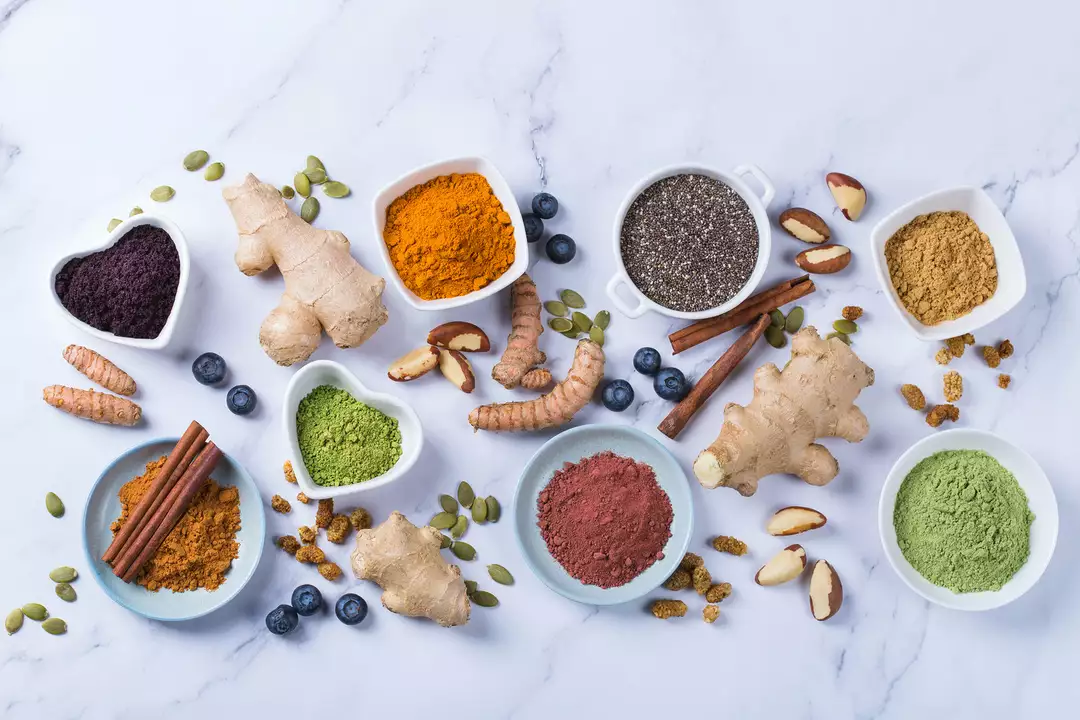Superfood Guide: What Works, What’s Safe, and How to Use Them
Superfoods are foods or supplements that pack more nutrients or specific benefits than average choices. Sounds simple, but some of them do powerful things — they can lower blood sugar, alter blood pressure, or change how drugs work. That’s why you should treat superfoods like any health tool: use them on purpose and with care.
Which ones actually help? Blueberries, leafy greens, nuts, fatty fish, and fermented foods are reliable picks. On the supplements side, berberine and apple cider vinegar get a lot of attention. Berberine can improve blood sugar control much like metformin, and apple cider vinegar may lower post-meal glucose and help digestion. Both can help, but they also come with caveats.
How superfoods can interact with meds
Some superfoods change medicine levels. Grapefruit is a classic — it raises levels of certain statins and some blood pressure meds, which can be dangerous. Berberine and berberine-containing supplements can add to the effect of diabetes drugs and cause low blood sugar if you’re on insulin or sulfonylureas. Apple cider vinegar can lower potassium if taken in large amounts and may affect diuretics and heart medications.
If you take prescriptions, ask your pharmacist before adding a new superfood supplement. Tell them every medicine and supplement you use. Pharmacists can check for specific interactions and suggest safe doses or timing to reduce risk.
Practical ways to use superfoods
Add berries to yogurt, toss leafy greens into a quick salad, swap fried snacks for nuts, and eat fatty fish twice a week. For supplements, start with low doses and track how you feel. If you try berberine, use it as a short-term tool while monitoring blood sugar closely. With apple cider vinegar, dilute a tablespoon in a glass of water — don’t drink it straight. Quality matters: choose brands with third-party testing and clear ingredient lists.
Watch for side effects: digestive upset, dizziness, muscle pain, or symptoms that match low blood sugar. If new symptoms appear after starting a superfood or supplement, stop it and contact your healthcare provider. Pregnant or breastfeeding people should avoid high-dose supplements unless a clinician says otherwise.
Finally, balance matters. Superfoods can boost a healthy diet, but they don’t replace proven treatments. If you’re managing conditions like diabetes, hypertension, or heart disease, treat medications and lifestyle changes as the backbone of care. Use superfoods as smart helpers, not magic fixes.
At GrantPharmacy.com we explain how foods, supplements, and medicines work together. If you want a quick check, bring your list of meds to a pharmacist and get tailored advice before trying a new superfood.
Simple swaps add up: replace sugary drinks with water and lemon, add a tablespoon of ground flaxseed to oatmeal for omega-3s, and roast Brussels sprouts with a drizzle of olive oil. If you use supplements, keep a log of dose, timing, and effects for two weeks. That record helps your doctor or pharmacist fine-tune what works and what to stop right away.

Acai: The Superfood Dietary Supplement You Need in Your Daily Routine
- by Colin Edward Egan
- on 2 Jun 2023
I recently discovered Acai, an amazing superfood dietary supplement that I believe everyone should incorporate into their daily routine. This small, purple berry is packed with antioxidants, fiber, and healthy fats, which can help boost our overall health and well-being. Not only does Acai support a healthy immune system, but it also aids in digestion and promotes healthy skin. I personally love adding Acai powder to my morning smoothies or enjoying a delicious Acai bowl as a tasty and nutritious snack. Give Acai a try, and you'll see why it's quickly becoming an essential addition to many people's daily routines.
